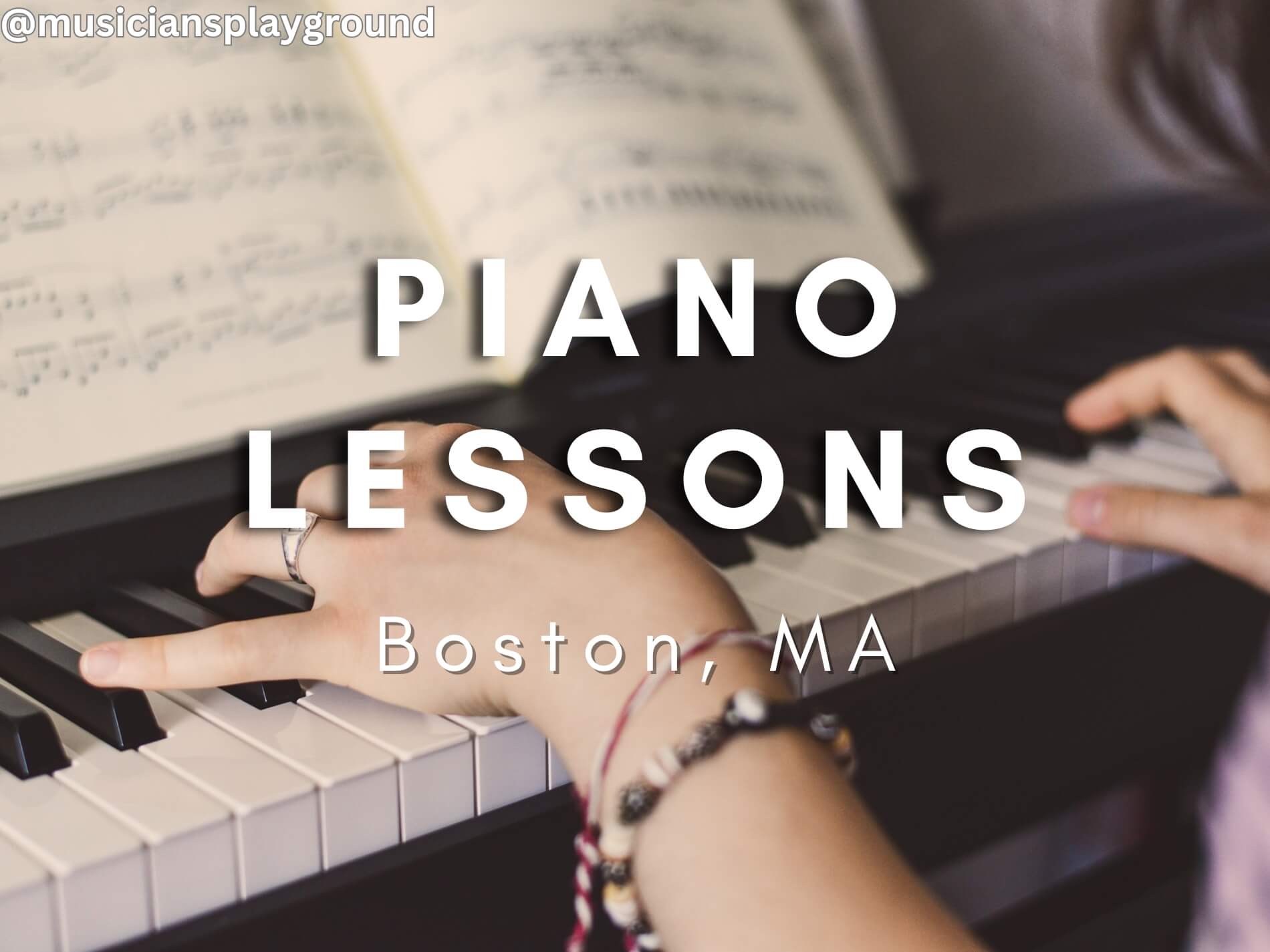Blog
Boston Piano Lessons: Unlocking Your Musical Potential in the Heart of Massachusetts

The Importance of Piano Lessons
Learning to play the piano is a rewarding and enriching experience that offers numerous benefits. Piano lessons not only teach you how to play a musical instrument but also provide a solid foundation in music theory, ear training, and performance skills. Whether you aspire to become a professional pianist or simply want to play for your own enjoyment, piano lessons are the key to unlocking your musical potential.
By taking piano lessons, you’ll develop essential skills such as hand-eye coordination, finger dexterity, and the ability to read sheet music. You’ll also learn about different music genres, composers, and musical styles, broadening your musical knowledge and appreciation. Moreover, piano lessons promote discipline, patience, and perseverance, as mastering the instrument requires consistent practice and dedication.
Choosing the Right Piano Teacher in Boston
When it comes to piano lessons, finding the right teacher is crucial. Boston boasts a diverse community of highly skilled and experienced piano instructors who are passionate about music education. Whether you prefer private lessons or group classes, there are plenty of options to suit your needs and learning style.
When choosing a piano teacher in Boston, consider factors such as their qualifications, teaching approach, and experience. Look for teachers who have a strong background in music education, preferably with a degree in music or a related field. Additionally, read reviews and testimonials from previous students to get an idea of their teaching style and effectiveness.
It’s also important to find a teacher who understands your goals and aspirations as a pianist. Whether you’re interested in classical music, jazz, pop, or any other genre, make sure your teacher has expertise in that area. A good piano teacher will tailor their lessons to your individual needs, helping you develop the necessary technique, repertoire, and musicality to reach your full potential.
Practice Lessons: The Key to Progress
Practice is an integral part of mastering the piano. Regular and focused practice sessions are essential for developing technique, building repertoire, and refining your musical skills. A good piano teacher will guide you on effective practice methods and provide practice tips to optimize your progress.
When it comes to practice, consistency is key. Aim to practice for at least 30 minutes to an hour every day, depending on your level and goals. Break down your practice sessions into smaller segments, focusing on specific areas such as scales, arpeggios, sight-reading, and pieces from your repertoire. This structured approach will help you improve your technique and overall musicianship.
Additionally, practicing with a metronome is highly recommended. A metronome will help you develop a sense of rhythm and timing, ensuring accuracy and precision in your playing. Start with a slower tempo and gradually increase the speed as you become more comfortable with the piece.
It’s also beneficial to record yourself during practice sessions. Listening to your recordings will allow you to identify areas that need improvement and track your progress over time. You can also share your recordings with your piano teacher for feedback and guidance.
Expanding Your Repertoire
Building a diverse repertoire is essential for any pianist. Boston offers a rich musical environment where you can explore various genres and styles, from classical to jazz, contemporary, and beyond. Your piano teacher will introduce you to a wide range of repertoire, selecting pieces that suit your level and musical interests.
When expanding your repertoire, it’s important to choose pieces that challenge you while still being within your reach. Start with simpler pieces and gradually progress to more complex compositions. This incremental approach will help you develop your technique and musicality without feeling overwhelmed.
Don’t limit yourself to a single genre or style. Explore different composers, time periods, and musical traditions to broaden your musical horizons. Learning pieces from various genres will not only make you a more versatile pianist but also deepen your understanding and appreciation of music as a whole.
Technique: The Foundation of Great Piano Playing
Developing proper technique is crucial for playing the piano with ease and precision. A solid technical foundation will enable you to tackle challenging passages, execute complex fingerings, and express yourself musically. Your piano teacher will guide you through various exercises and techniques to improve your playing.
One of the fundamental aspects of piano technique is hand position. Ensure that your hands are relaxed, with slightly curved fingers and a natural wrist position. Avoid tension and unnecessary movements, as they can hinder your playing and lead to fatigue or injury.
Scales and arpeggios are excellent exercises for developing finger strength, agility, and coordination. Practice them in different keys and variations, gradually increasing the tempo as you become more comfortable. Incorporating scales and arpeggios into your daily practice routine will greatly enhance your technical skills.
Another important technique to master is pedaling. Pedaling adds depth and resonance to your playing, creating a more expressive and nuanced sound. Experiment with different pedal techniques, such as half-pedaling and legato pedaling, to achieve the desired musical effect.
Piano Lessons Near Me
Boston, Massachusetts, is a thriving hub of music education, offering a plethora of piano lessons that cater to all levels and aspirations. Whether you’re a beginner looking to start your musical journey or an advanced player seeking to refine your skills, Boston has the resources, teachers, and opportunities to help you achieve your goals.
With a focus on practice lessons, technique, repertoire, and practice tips, you’ll find everything you need to excel in your piano playing. Embrace the joy of music education in Boston and unlock your full musical potential.

